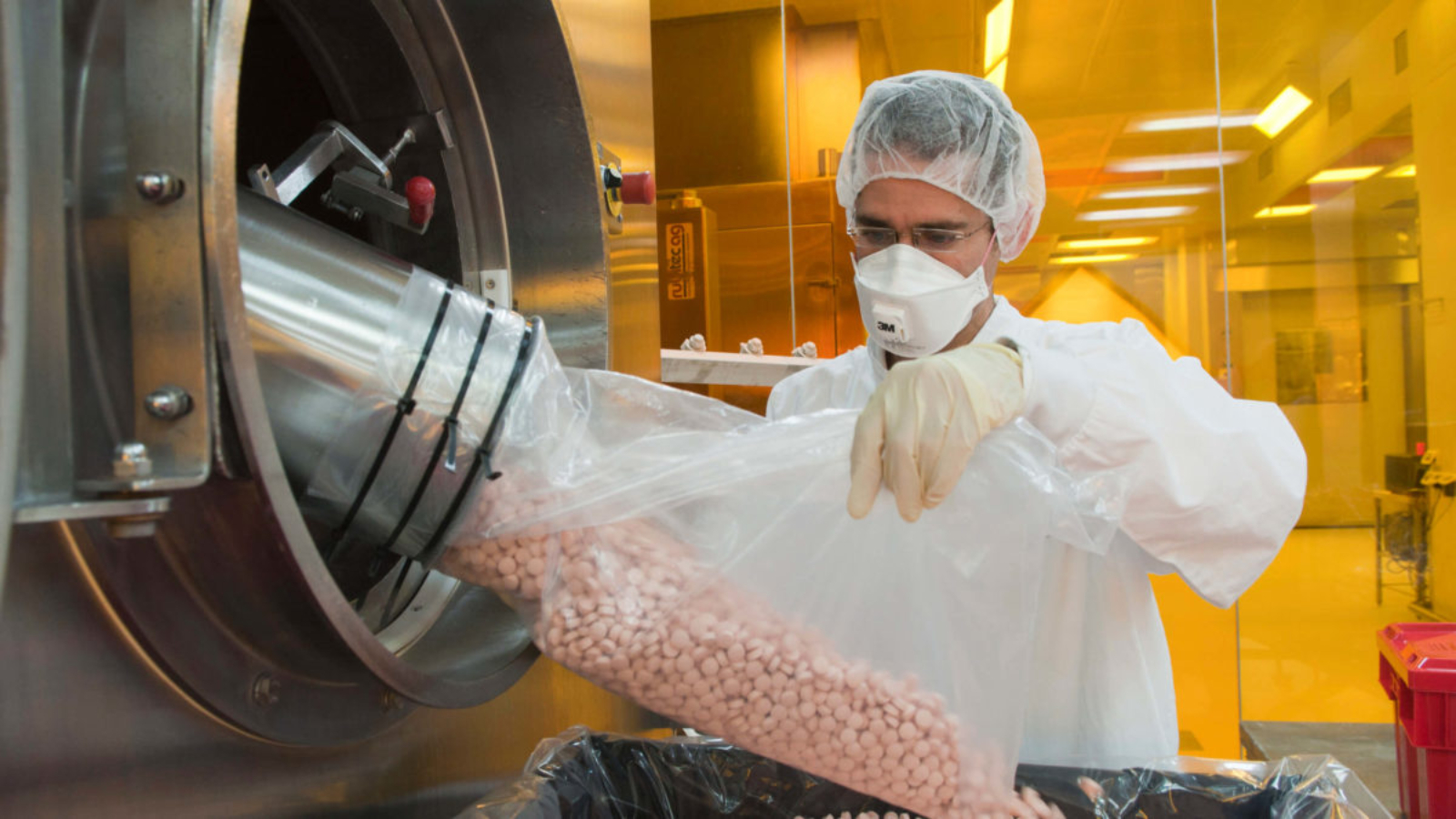Rapheceutique manufactures a variety of finasteride tablets, Spironolactone, and Self-care over-the-counters, which are all derived from herbal and mineral ingredients. The company’s pharmaceuticals include hair loss, allergy, pain, and coloring prevention tablets and capsules. Pfizer has designated the company as a qualified ANDA holding facility for making generic oral medications in pill, capsule, and liquid oral dosage forms.
Minoxidil is a medicine that boosts hair growth. It has been used as a hair loss treatment for many years and remains the only FDA-approved medication for this purpose. It was initially sold in foam or gel formulas that were applied directly to the scalp. While these formulations are effective in triggering hair growth, they have several disadvantages: For instance, they have to be applied frequently (daily), have messy side effects (such as yellow skin discoloration and itching), and are difficult to apply to the back of one’s neck (among other things). As a result, Raphe Pharmaceuticals developed minoxidil tablets—an altered formula with comparable efficacy but greater ease of use. Minoxidil tablets are evaluated in this article for their safety profile and effectiveness as a treatment for thinning hair.
The three pills Minoxidil, Spironolactone, and Finasteride are used to treat hair loss. Minoxidil is a hair loss remedy that increases blood flow to the scalp and may grow hair in some cases. Spironolactone and Finasteride are both available for private label distribution. Spironolactone is a diuretic that inhibits hair loss from the scalp and reduces DHT levels in the blood. It also produces less DHT, a hormone that causes hair loss. Finasteride is a hormone blocker that blocks the production of DHT, which is the hormone that causes hair loss. Rapheceutique Laboratories has a solid reputation in the pharmaceutical industry and has been in business for over 20 years. To learn more about our hair loss treatment options, contact us today.
Minoxidil works by stimulating hair growth.
Minoxidil is a vasodilator that increases hair growth by increasing blood flow, nutrient transport, and oxygen levels in hair follicles and skin. This procedure is thought to open up blood vessels in the scalp to improve hair growth. As the hair follicles rapidly expand, they may be stimulated by increased blood flow. In addition to the anti-aging effect of increased oxygen in the skin, it may promote hair growth.
Minoxidil is a medicine used to treat high blood pressure and hair loss.
Minoxidil has been demonstrated to stimulate hair growth by vasodilating the blood vessels. Since its creation as an oral drug for hypertension (high blood pressure), it has been used to stimulate hair growth when applied topically.
Minoxidil tablets can cause serious side effects.
Itching, erythema (redness), irritation, and swelling of the face, hands, feet, and other areas due to excessively increased blood flow are possible when using minoxidil. Although most side effects from the topical application are mild and temporary, they may be more severe when minoxidil is taken orally. Low blood pressure occurs in patients taking other medications for high blood pressure when minoxidil is administered orally, especially minoxidil tablets. Heart attack, headaches, and dizziness are other possible consequences.
Minoxidil tablets for hair loss are effective.
Androgenic alopecia (AA), alopecia areata (AA), and telogen effluvium (TE) may all be treated with minoxidil. According to a study in the Journal of the American Academy of Dermatology, minoxidil was significantly more effective than a placebo in increasing hair growth in men and women with androgenetic alopecia (AA) (1). Minoxidil tablets are thought to be as effective as topical formulations, with fewer side effects. A meta-analysis of 12 randomized controlled trials (RCTs) of minoxidil tablets in AGA patients found that minoxidil tablets were significantly more effective than placebos at inducing hair growth (2). Patients treated with minoxidil tablets had a higher number of new hairs than those treated with topical minoxidil.


Add a Comment